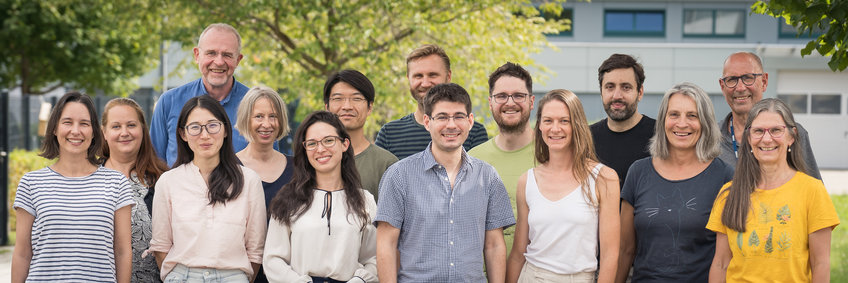
Emeritus Laboratory Thomas Boehm
Developmental Immunology
Our work aims at understanding the general principles of adaptive immunity. In our analysis we consider as much as is possible the immune systems of species situated at key positions on the vertebrate phylogenetic tree in the hope of reconstructing the evolutionary transitions that over the course of 500 million years have led to the complex array of immune facilities that we have come to recognize in mammals. In particular, we are interested in studying the evolution of thymopoietic microenvironments, which provide the instructive cues for initiating T cell lineage commitment, supply trophic factors to differentiating and mature cell types, and orchestrate the formation of cell populations expressing diverse and self-tolerant antigen receptor repertoires.
Mission
Our research focuses on the evolution of adaptive immune systems and their design principles. In particular, we study the development and function of the thymus and T cells. We take a comparative approach examining a number of species, ranging from basal vertebrates to humans, with special emphasis on vertebrates with life styles at the extreme ends of the phenotypic spectrum.
Goals
We aim at elucidating the design principles of vertebrate immune systems with a view to contributing to a better understanding of immune system disorders in humans.
Approach
We take a genetic approach to study genes, cell types and lymphoid organs that function in the immune system. We combine phylogenetic studies and genome analyses with forward genetic screens and methods of precise genetic interference in model systems.
Selected Publications
Science Advances 7(1), eabd8180.